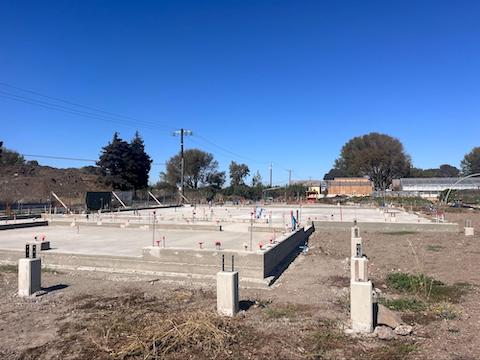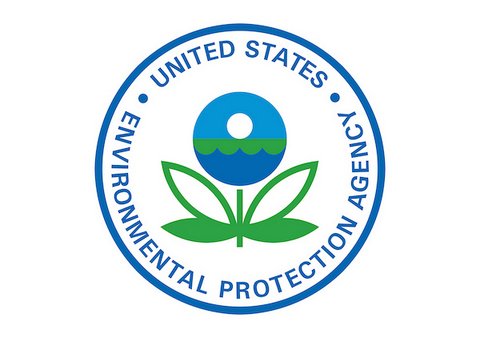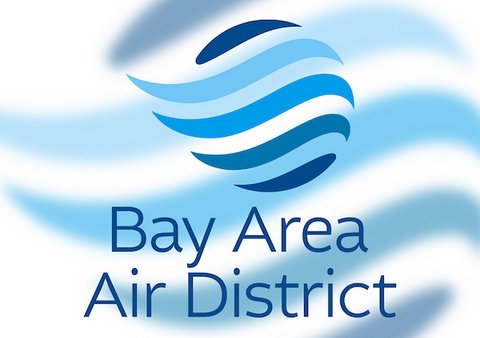
28 Apr DeSaulnier, Garamendi Object to Cancellation of EPA Grant That Would Have Helped North Richmond

Rep. John Garamendi, D-Calif., listens at a House Armed Services Committee meeting in Washington, D.C., on March 18, 2015. (Mass Communication Specialist 1st Class Daniel Hinton/Department of Defense via Bay City News / public domain)
By Thomas Hughes
Bay City News
Two congressional representatives in the East Bay are objecting to the cancellation of a roughly $19 million grant from the U.S. Environmental Protection Agency that was awarded to Contra Costa County to fight industrial pollution and build a community center at an urban farm.
Another grant from the EPA’s Community Change program that was awarded to San Francisco County for several transportation projects on Treasure Island was paused in January and was under review as of Thursday, according to Stephen Chun, a spokesman for the San Francisco County Transportation Authority.
Contra Costa County’s grant was earmarked for the North Richmond Community Resilience Initiative, which is a program that involves several planned projects in the unincorporated area northwest of the city of Richmond. The projects center on tree planting, housing, residential retrofits, and building a community “resilience hub.”
The resilience hub, planned for the 3-acre Urban Tilth nonprofit community farm on Brookside Drive, near Fred Jackson Way, would serve as a regular community center and an evacuation point in an emergency.
Some of the Resilience Initiative’s goals centered around reducing industrial pollution from the nearby constellation of East Bay oil refineries, and from a new distribution warehouse development across the street from the farm, according to the grant application.
The EPA Community Change Grant was awarded in December as part of the Inflation Reduction Act of 2022 but was canceled in April with little notice from the federal agency, according to a letter sent to the EPA from the area’s congressional representatives.
The congressmen, U.S. Reps. Mark DeSaulnier, D-Walnut Creek and John Garamendi, D-Fairfield, wrote to EPA Director Lee Zeldin last week faulting the agency for the cancellation and asking for a reversal. They also referenced court rulings that the executive branch, of which the EPA is a part, cannot legally cancel a grant that was appropriated by Congress.
“We believe this termination blatantly violates federal appropriations law, recent federal court injunctions, and EPA’s contract with Contra Costa County,” the two lawmakers wrote in the joint letter.
“In addition, by failing to provide a written notice of termination to Contra Costa County detailing the reasons for termination, EPA has flouted the Code of Federal Regulations. We expect that you will immediately rescind the grant termination and conduct a comprehensive investigation into the lack of transparency in EPA’s termination process,” they wrote.
The EPA did not immediately respond to a request for reaction to the letter or questions about the justification and process used to withdraw the money. The agency wrote in a letter to Garamendi’s office that the grant was canceled because it no longer met the priorities of the current administration, a justification that Garamendi said was available to the agency.
“We will not stand by as legally appropriated funds are withheld from communities who need them most,” Garamendi said in a statement.
Urban Tilth released a video on its website detailing the planned use of the money and calling on the community to contact their federal representatives to urge them to continue to press the EPA for a reversal. The initiative includes eight main projects and several others that center around the urban farm, like a fellowship program.
The main projects include planting 65 trees at nearby Verde Elementary School, investing in an affordable housing project, an e-bikeshare program, and energy efficiency upgrades for homes in the neighborhood, according to Urban Tilth.
The grant was awarded as part of $1.6 billion that was awarded to 105 projects around the country that were designed to reduce the harm caused by pollution to communities that have been the most impacted, according to the EPA.
About $216 million of that was awarded to 15 projects in California, according to U.S. Sen. Alex Padilla’s office. That included a nearly $20 million grant to the Treasure Island Mobility Management Agency, which is planned to be used to build electric ferry charging infrastructure, enhance Treasure Island’s bus service and create a pilot “microtransit” program that would connect Treasure Island directly to key points in the city, among other transportation projects.
Copyright © 2025 Bay City News, Inc. All rights reserved. Republication, rebroadcast or redistribution without the express written consent of Bay City News, Inc. is prohibited. Bay City News is a 24/7 news service covering the greater Bay Area.






No Comments